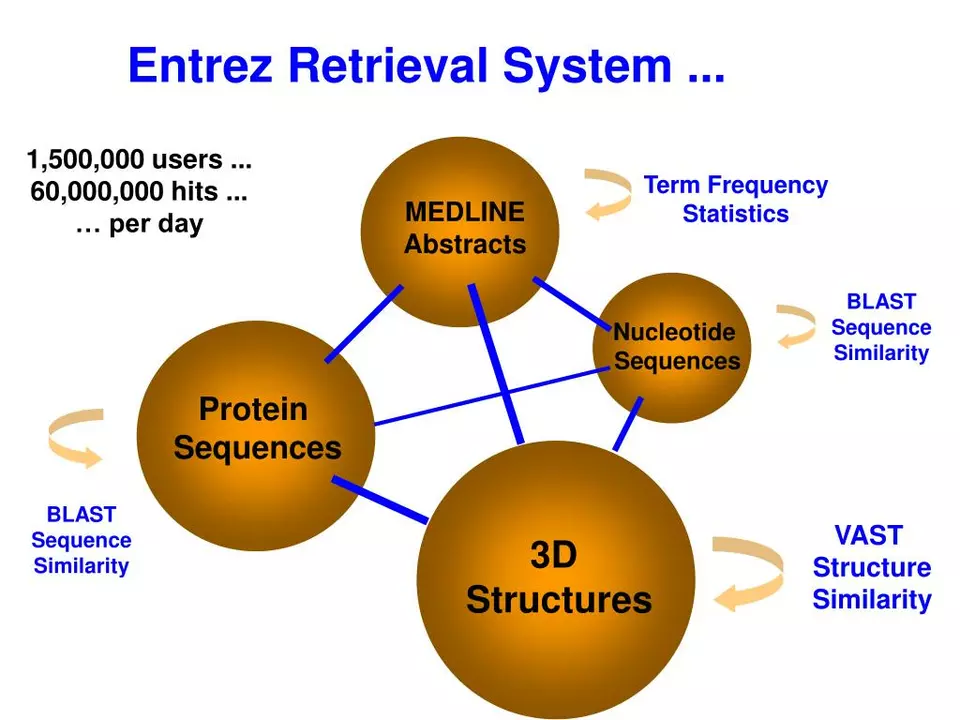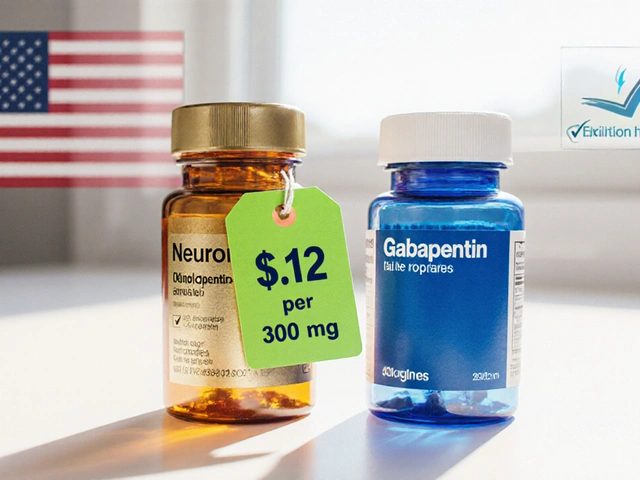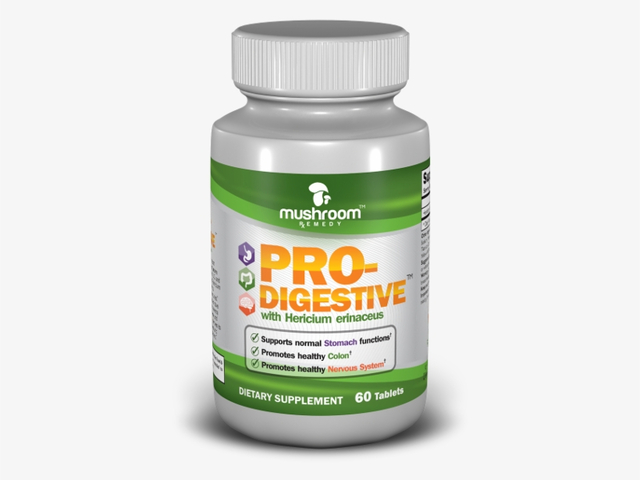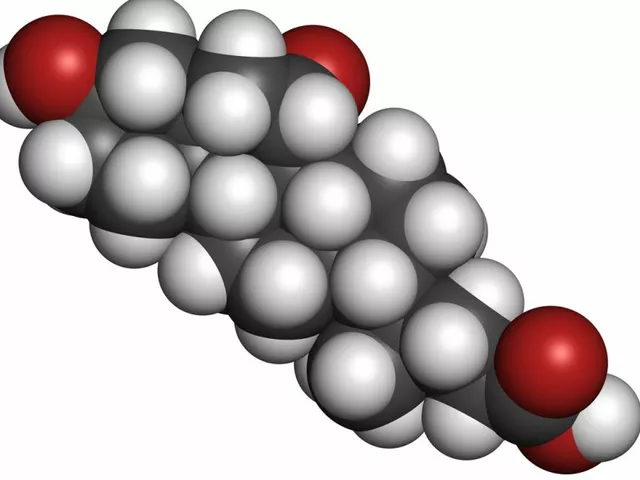Memory Consolidation Explained – What It Is and How to Boost It
If you ever wonder why some things stick in your mind while others fade, the answer lies in memory consolidation. It's the process that turns short‑term experiences into long‑lasting memories. Think of it as your brain's filing system: after a day of learning, it sorts and saves the important files for later use.
Most people hear about sleep helping memory, but they don’t know why. During deep sleep, especially slow‑wave sleep, the brain replays recent activities. This replay helps lock the information into stable storage. Skipping sleep or getting fragmented rest can mess up this filing, leaving you forgetting details that seemed clear just hours before.
How Memory Consolidation Works
The process starts in the hippocampus, a small region that briefly holds new info. Over time, the data moves to the cortex, where it becomes part of your long‑term knowledge base. This shift can take minutes for simple facts or days for complex skills.
Neurotransmitters like acetylcholine and norepinephrine act as messengers during this transfer. When you’re focused and engaged, these chemicals spike, making the memory stronger. Stress hormones, on the other hand, can either help (in short bursts) or hurt consolidation if they stay high for too long.
Practical Ways to Improve Memory Consolidation
1. **Prioritize Quality Sleep** – Aim for 7‑9 hours of uninterrupted sleep. A consistent bedtime routine signals your brain it’s time to file the day’s data.
2. **Review Soon After Learning** – A quick recap within an hour reinforces the memory trace, making the later sleep phase more effective.
3. **Stay Active** – Light exercise, like a 20‑minute walk after studying, boosts blood flow and helps clear metabolic waste that can block consolidation.
4. **Manage Stress** – Short mindfulness breaks lower cortisol, which otherwise interferes with the hippocampus’s ability to store info.
5. **Eat Brain‑Friendly Foods** – Omega‑3s, antioxidants, and B vitamins support neural health. Adding fish, nuts, and leafy greens can give your memory a subtle edge.
6. **Use Multiple Senses** – Linking what you read to images, sounds, or even smells creates richer memory cues, making the consolidation process smoother.
7. **Space Out Study Sessions** – Instead of cramming, spread learning over several days. This “spacing effect” aligns with how the brain naturally consolidates info.
By treating memory consolidation like a habit rather than a one‑off event, you can make your brain more reliable at storing what matters. Simple tweaks—good sleep, short reviews, light movement—add up quickly.
Remember, your brain is constantly filing. Give it the right conditions and you'll notice better recall, sharper focus, and less frustration when trying to remember names or tasks.











